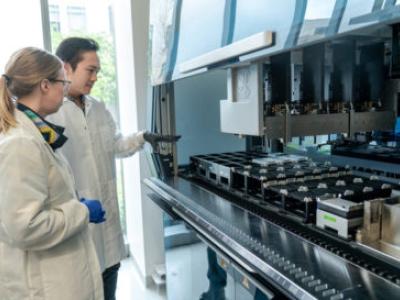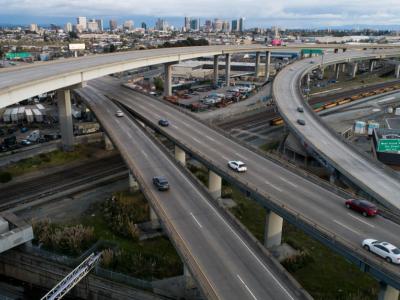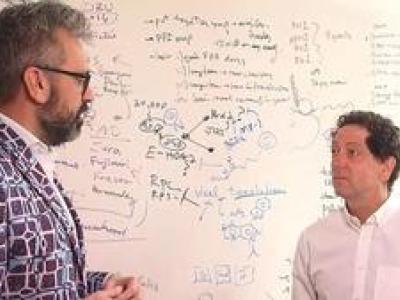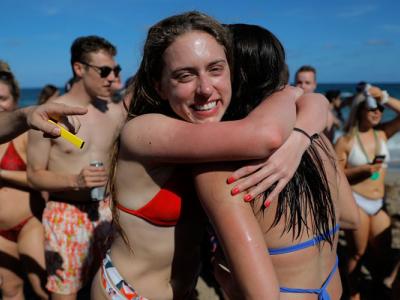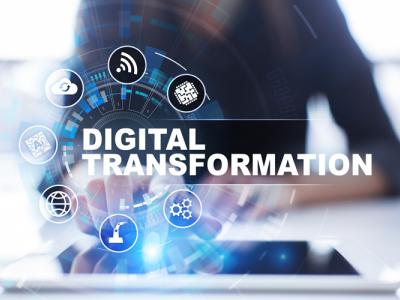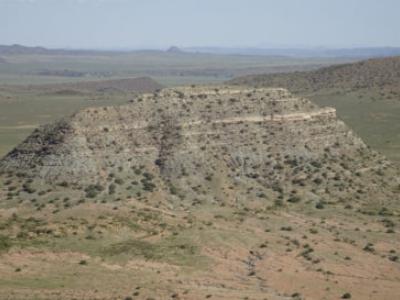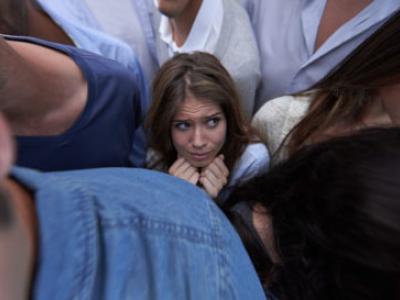Lawmakers in Washington, D.C., have taken strong first steps to provide economic support to businesses and their workers suffering from COVID-19-related shutdowns and unemployment, said Jesse Rothstein, UC Berkeley professor of public policy and economics. But Rothstein advised that more will be needed to protect vulnerable small businesses and employees from the impact of the pandemic.
Research News
Learn more about UC Berkeley's researchers and innovators.
Showing 1361 - 1376 of 3459 Results
While UC Berkeley observes California’s shelter-in-place order, with most research labs shuttered, the CITRIS Invention Lab has received a rare exemption to operate the makerspace to fabricate products and prototypes designed to mitigate the COVID-19 crisis, including Personal Protection Equipment (PPE), ventilator adaptors, and materials needed by campus researchers.
Bioengineering professor Amy Herr is part of a multi-university research consortium, N95Decon, providing a scientific consensus on existing and emerging decontamination methods. The consortium is assessing existing research, designing new systems and — importantly — actively debunking misinformation, with the goal of providing healthcare staff with scientifically proven ways to more safely reuse the masks.
Hospitals are suffering from an acute shortage of emergency medical supplies, including masks, gowns, gloves and ventilators. However, the medical industry is struggling to determine the places that need them the most. Bin Yu, a professor of statistics and of electrical engineering and computer sciences, is working with nonprofit organization Response4Life to connect suppliers with hospitals in need.
Professor Michel Maharbiz is working with medical device makers to allow hospital staff to remotely monitor and adjust patients' ventilators.
Converting CPAP and BiPAP machines safely could add tens of thousands to COVID-19 ventilator supply.
UC Berkeley's Costas Spanos thinks you should track your workers and hand over the lights and temperature controls to artificial intelligence.
University of California, Berkeley, and Lawrence Berkeley National Laboratory (Berkeley Lab) researchers report a milestone in packing bacteria (Sporomusa ovata) into a “forest of nanowires” to achieve a record efficiency to convert and store solar energy.
The first cases of COVID-19 emerged in China last November, and the virus has since moved inexorably to Europe and the United States. The virus didn’t arrive in Africa — home to 1.2 billion people — until the end of February, when a case emerged in Nigeria.
As doctors around the country scramble to diagnose cases of COVID-19, scientists at the University of California, Berkeley’s Innovative Genomics Institute (IGI) are creating from scratch a diagnostic lab with the capability to process more than 1,000 patient samples per day.
Fewer vehicles on the road and the slowing world economy has lead to blue skies over the world including the Bay Area, China, and Italy.
The international team of researchers is testing an unusual new approach to identify potential antiviral drugs with proven efficacy to treat SARS-Cov-2 infections. Given the world crisis, the strategy of testing known/approved drugs could help reduce the numbers of deaths in the near term while the world health community battles the epidemic.
Many young adults are defying the 6-feet-apart social distancing rules. What causes certain people to stick to their beliefs and act with skepticism despite overwhelming contradictory evidence? Berkeley News asked Celeste Kidd, a UC Berkeley computational cognitive scientist who studies false beliefs, curiosity and learning.
The University of California, Berkeley, and the University of Illinois at Urbana-Champaign (UIUC) are the headquarters of a bold new research consortium established by enterprise AI software company C3.ai to leverage the convergence of artificial intelligence (AI), machine learning and the internet of things (IoT) to transform societal-scale systems.
The mass extinction at the end of the Permian Period 252 million years ago — one of the great turnovers of life on Earth — appears to have played out differently and at different times on land and in the sea, according to newly redated fossils beds from South Africa and Australia.
Excessive worry about COVID-19 is becoming a mental health pandemic unto itself. But when is anxiety useful, and when is it destructive? At UC Berkeley, Sonia Bishop, associate professor of psychology and cognitive neuroscience, has studied anxiety and how it affects decision-making.

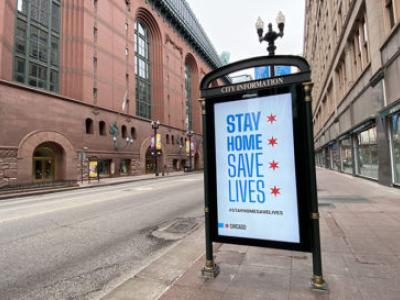
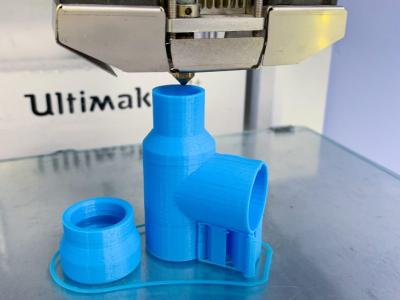
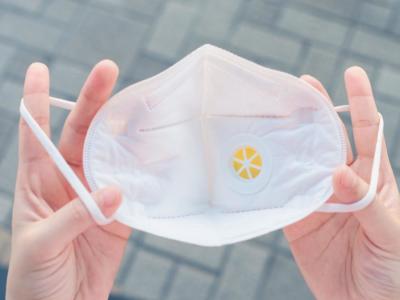
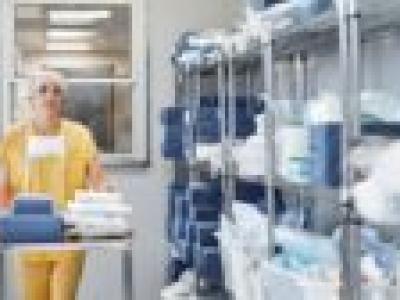
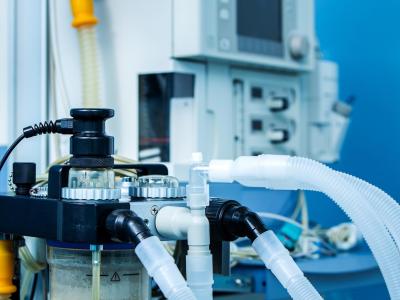
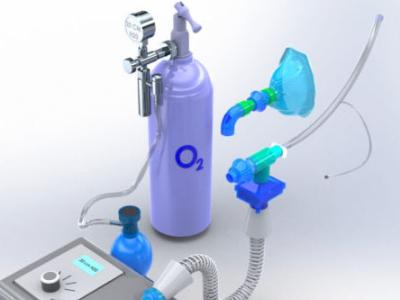
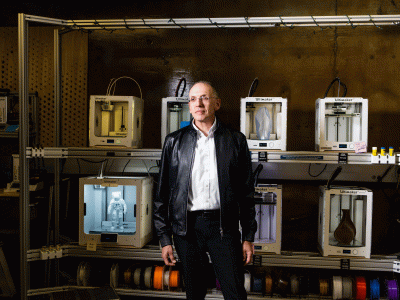
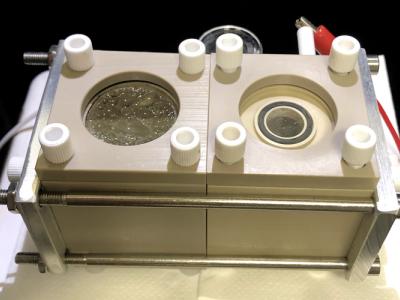
![The driver of a motorcycle taxi in Kenya wears a makeshift mask to protect against the COVID19 virus. [AP photo by Patrick Ngugi]](/sites/default/files/styles/news_list_2/public/2020-04/AP_Africa_taxidriver_mask_200330-410x273.jpg?itok=hirQzH6u)
